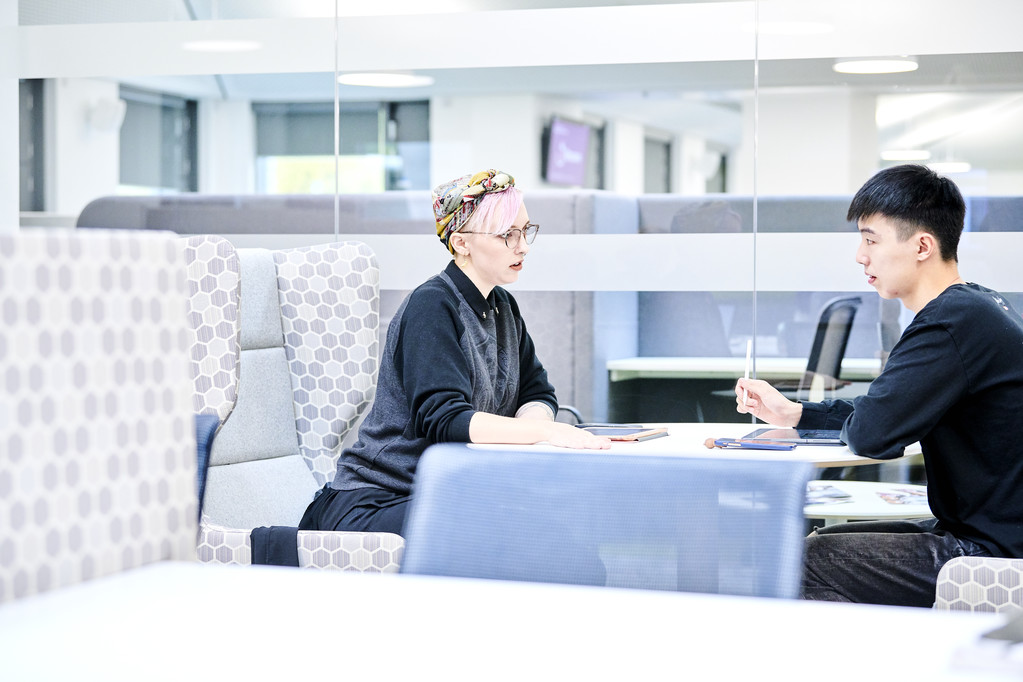Our Staff
/prod01/prodbucket01/media/durham-university/central-news-and-events-images/news/86155.png)
View our Staff
We are fortunate at Durham to be a community of highly talented individuals working constructively with each other and our students to improve the world we live in.
Search our academic and research colleagues


